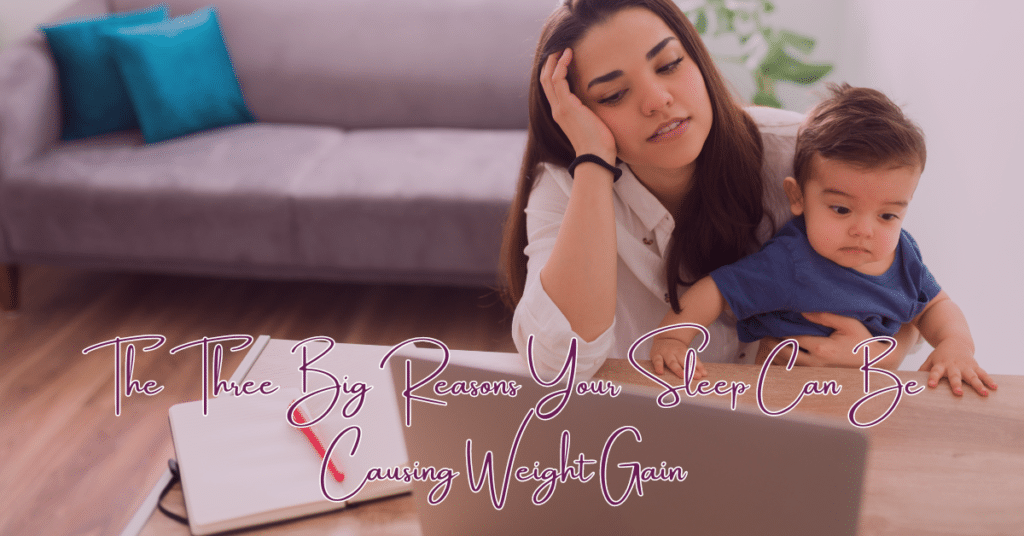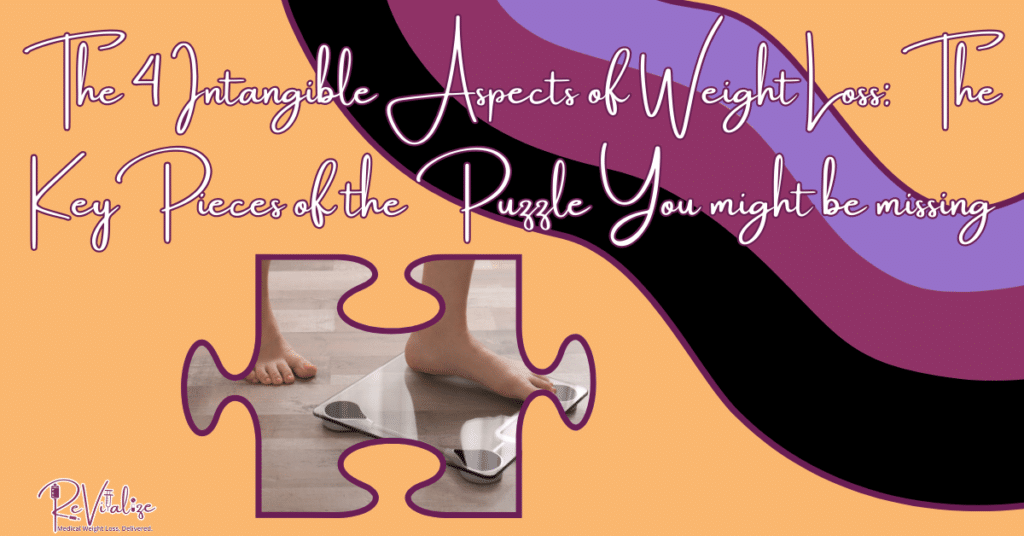
Do you struggle to fall asleep at night? Do you wake multiple times throughout the night? You are not alone. I can help you get more restful sleep!
Getting restorative & restful sleep is crucial for so many aspects of our life. Did you know that getting poor sleep can cause you to gain weight? To raise your blood pressure? Make you more likely to have a heart attack or stroke?! Yup!! That is in addition to the fatigue, mood swings, and general frustration of tossing and turning!
Studies show that the weight gain associated with poor sleep is related to hormonal impacts, metabolic effects, as well as habits and lifestyle. Check out this article to read more about how sleep contributes to weight gain, but in the meantime…
Here are some tips on getting more restful sleep:
1. Get your “body clock” working to your advantage. Pick a sleep-wake schedule that will work for you that gives you at least 7 hours of sleep per night. Yes, you are going to have a “bedtime” and that’s ok!! What this does is gets your body into a rhythm and makes falling asleep immensely easier. This is hardest at the beginning because your body isn’t used to it yet, so at the beginning the wake-up time is crucial. Let’s say your wake up time is set for 6 AM and your goal bed time is 10 PM. One night you toss and turn until 1:30 AM and 6 AM rolls around and obviously you want to sleep longer. It is important that you get up at 6 so that you start training your body to fall asleep earlier. That night you will again attempt to fall asleep again at 10 PM (using the other tips listed here), and your exhaustion will work to your advantage to help you fall asleep “on time”. Try as best you can to keep the same schedule 7 days a week so that your body knows the rhythm and in no time you will be getting more restful sleep.
2. Shower or take a bath before bed. Your body naturally gets sleepy as it cools down, so taking a hot shower or bath brings your temperature up a bit, and when you get out and get into bed your body cools and you become sleepy. You can use lavender scents, which helps with relaxation.

3. Exercise, but not right before bed. Getting exercise helps your body get more tired during the day, so even a small amount of physical activity can help you get your body get more restful sleep at night. Just make sure you aren’t exercising right before you try to go to sleep, or you will get the opposite effect.
4. Turn off all screens. Many people watch TV in bed, or scroll their computers, tablets, or phones in bed because “it makes you sleepy”. The screens, particularly the lights, actually tell your brain to stay awake. We can blame evolution for this. Our brains are wired to go to sleep after the sun goes down, and artificial light, especially flashing lights like the ones on the screens, tell our brain that we need to be alert. The drowsiness you may feel is exhaustion, but your evolutionary brain is fighting you. Turn off the screens!!

5. Don’t do other things in your bed. Your bed is not a work-space, or a place to snack. You want to train your body that your bed is for sleep, so doing other things there negates that. Strictly speaking, the sleep experts would even recommend not having sex in your bed, but realize that this recommendation is a bit extraneous! So, your bed is for sleep (and sex) only!
6. Supplements. Some supplements such as melatonin, chamomile, 5-hydroxytryptophan, valerian root, glycine, kava, poppy, gamma-aminobutyric acid, lavender, magnolia bark, magnesium, passionflower, and CBD have been shown to help with sleep. Many of these supplements have been used in Western cultures for thousands of years to help with getting more restful sleep. If you’d like to check out some supplements I suggest, click here.

7. Keep your room at a comfortable temperature. It is difficult to sleep if you are too hot or too cold, so having a fan near-by and an extra blanket on your bed in case you need them. Studies have shown that most people sleep best in a room somewhere between 61-67 degrees Fahrenheit.
8. Don’t consume alcohol before bed. You may have heard that alcohol is a depressant, or noticed that it makes you sleepy, and while both of these things are true, alcohol will cause you to wake in the middle of the night as your body processes it.

9. Do not drink caffeine or smoke before bed. Caffeine and nicotine are stimulants, so they will keep you awake!
10. Try stretching or meditation. Find a way to let both your mind and body relax and unwind before bed. Deep breathing can help slow your heart and your mind.

11. Do not toss and turn in bed. If you have spent more than 15 minutes in bed trying to fall asleep, go to another room, do something relaxing, and when you feel ready again repeat your “bedtime routine.” If you do this a few times keep tip #1 in mind!
12. If all else fails see your medical provider.
You are not alone in having trouble sleeping, but I hope that some of these tips will help you get on the right track! Your physical and mental health will thank you for it!!


